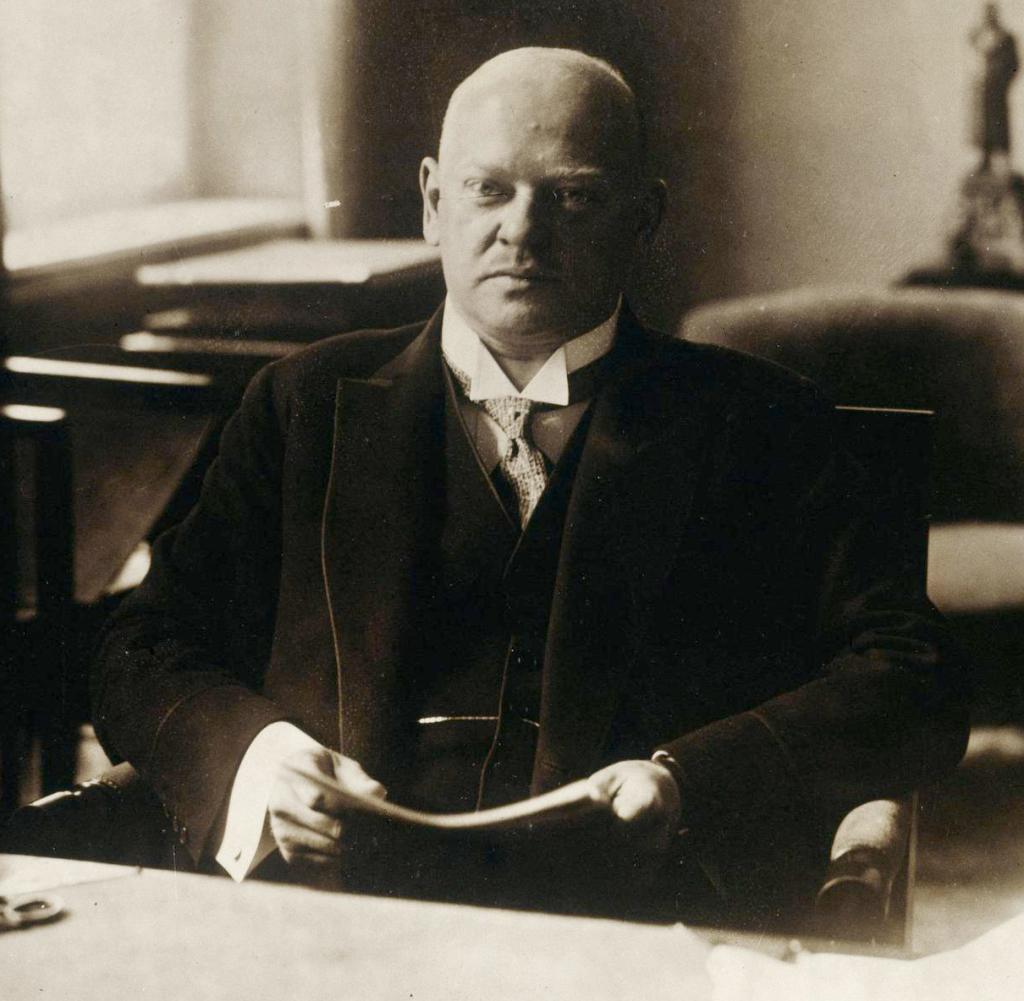Why was Gustav Stresemann Awarded the Nobel Prize for Peace in 1926?
Exploring the Achievements of a Visionary Statesman
Gustav Stresemann: Architect of Peace Recognized by the Nobel Prize
Gustav Stresemann, the illustrious German statesman, was awarded the Nobel Prize for Peace in 1926, a testament to his unparalleled efforts in rebuilding post-World War I Europe and fostering reconciliation among nations. Stresemann’s indomitable spirit, visionary diplomacy, and commitment to resolving international conflicts set him apart as a deserving recipient of the prestigious award. This article delves into the reasons behind Gustav Stresemann’s Nobel Peace Prize win and examines his enduring legacy on the global stage.

1. Pioneering Economic Stabilization
One of the chief factors leading to Stresemann’s Nobel Prize was his groundbreaking role in restoring Germany’s economic stability after the devastating aftermath of World War I. As Chancellor and later as Foreign Minister, Stresemann implemented vital reforms that rejuvenated the German economy, mitigated hyperinflation, and instilled confidence in the nation’s financial future. His ability to guide Germany through these turbulent times earned him international recognition and set the stage for peaceful collaboration.
2. Negotiating the Locarno Treaties
A cornerstone of Stresemann’s Nobel Prize triumph was his instrumental role in negotiating the Locarno Treaties of 1925. These landmark agreements aimed at easing tensions between Germany, France, and Belgium, thereby stabilizing the European continent. Stresemann’s diplomatic finesse and unwavering commitment to dialogue culminated in these treaties, solidifying his reputation as a peacemaker and contributing significantly to his Nobel Prize accolade.
3. Advocating for Reconciliation and Cooperation
Gustav Stresemann’s tireless efforts to promote reconciliation and cooperation among former adversaries further cemented his Nobel Prize-worthy status. Recognizing the importance of mending strained relationships, he collaborated closely with other European leaders to ensure lasting peace. His dedication to diplomacy and his capacity to bridge divides showcased his commitment to a united Europe, which resonated with the Nobel Committee’s values.
4. Shaping the League of Nations
Stresemann’s influence extended beyond bilateral agreements, as he played a pivotal role in shaping the League of Nations—a global forum aimed at preventing future conflicts. His active involvement in League affairs, coupled with his belief in international dialogue, underscored his dedication to upholding peace on a global scale. Stresemann’s contributions to this multilateral institution were pivotal in his recognition by the Nobel Committee.
5. Legacy of Peace and Diplomacy
Gustav Stresemann’s Nobel Prize win in 1926 solidified his legacy as a visionary diplomat and an advocate for global harmony. His achievements continue to inspire leaders and diplomats around the world to navigate complex international dynamics through dialogue and cooperation. Stresemann’s commitment to peace, economic stability, and reconciliation serves as an enduring reminder of the power of diplomacy in shaping a more peaceful and interconnected world.
Gustav Stresemann’s Nobel Peace Prize win in 1926 remains a testament to his outstanding contributions to international diplomacy, economic recovery, and the promotion of lasting peace in Europe. His legacy exemplifies the profound impact a dedicated statesman can have on shaping the course of history through visionary leadership and unwavering commitment to the greater good. Stresemann’s recognition by the Nobel Committee serves as an enduring inspiration, highlighting the pivotal role diplomacy plays in forging a harmonious and cooperative global community.




